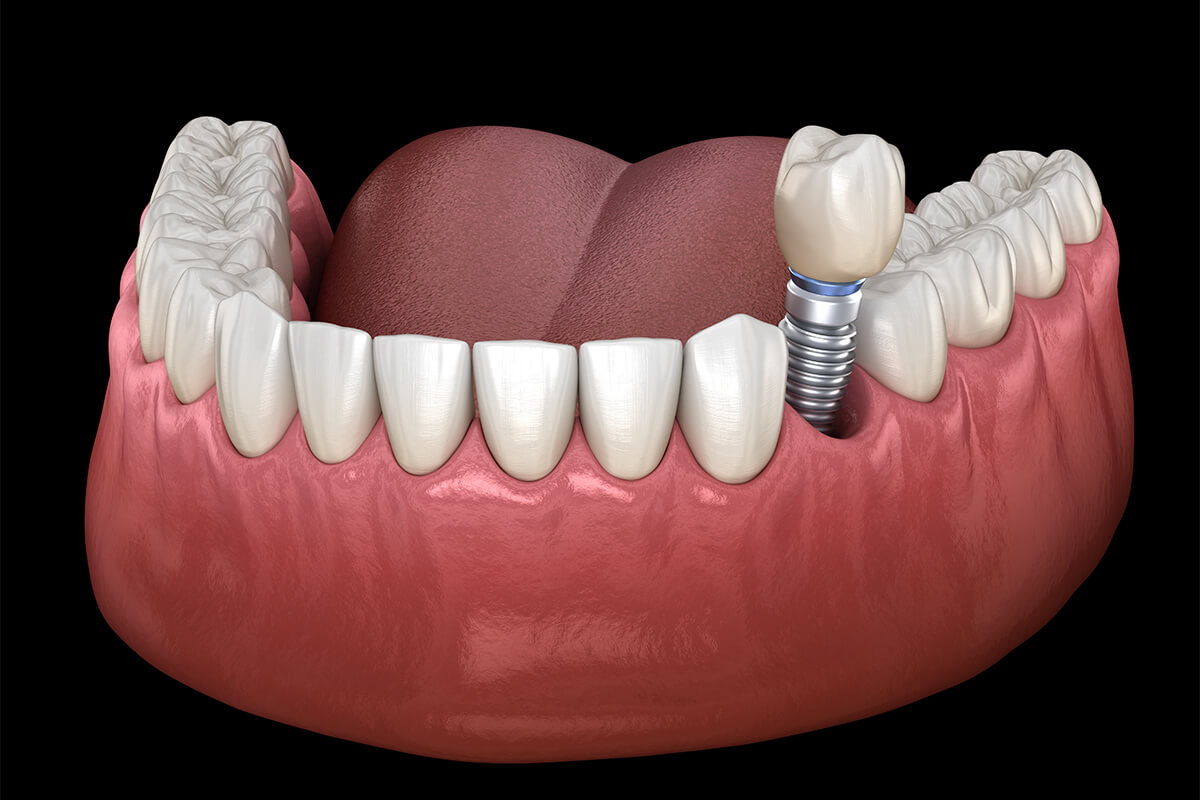Call Us Today 817-737-7668

That irritating pain in the back of your mouth isn’t just a hassle. It’s simply your body sending signals to make you aware that something unusual is going on with your health. Many of us tend to brush off wisdom tooth discomfort as temporary or benign, but this negligence allows it to turn into a severe dental concern that can cost us a hefty amount. Don’t make the mistake of considering wisdom tooth decay as an issue that remains localized—it can silently spread throughout the mouth and take the form of a deadly infection that can compromise your oral and overall wellness. The bad news? Many don’t even notice until the issue worsens.
Your wisdom teeth—also called third molars—are the last to emerge, and they usually don’t have enough room to erupt correctly. That makes them more difficult to clean and more susceptible to decay. If infection occurs, it’s not only your tooth that pays the price. Gums, bone, and even surrounding teeth can all be caught in the crossfire.
Let’s get into the breakdown of how a rotten wisdom tooth becomes a potential source of infection—and what you can do about it.
How Do Wisdom Teeth Rot?
Most wisdom teeth issues occur because these teeth partially erupt. That placement sets the stage for a bacterial feast. Here’s how:
- Food particles trapped: Impact or partially erupted wisdom teeth leave small areas where food gets stuck.
- Restricted access at brushing time: The position at the rear of the mouth makes these teeth more difficult to clean.
- Bacterial accumulation: As plaque and debris accumulate, cavities start to develop.
- Inflammation of the gums: Bacteria can also hide under the gum tissue, causing infections such as pericoronitis.
Decayed wisdom teeth make the way for infection to reach deep in the mouth.
Infection: A Hidden Danger from Rotten Wisdom Teeth
When bacteria move in, they don’t necessarily remain stationary. Infections may travel from the infected area to adjacent tissue. Some warning signs are:
- Swollen, tender, or bleeding gums
- Jaw stiffness or pain extending to the ear
- Bad breath or unpleasant taste
- Trouble opening the mouth all the way
In extreme cases, decayed wisdom teeth cause abscesses, bone loss, or even oral conditions that need immediate attention. Waiting for symptoms such as these in Denton, where dental services are readily available, is never the best decision.
Why You Shouldn’t Ignore Wisdom Tooth Pain?
Most of us have a misconception that tooth pain subsides on its own. But it’s rarely the case. Neglecting wisdom teeth pain can result in severe oral issues, such as tooth infections that can cost you your teeth and gums. Another factor that also comes into play is that the removal of the tooth becomes more difficult once the infection is already in its place. And not all wisdom teeth pain is strident. Some infections build up gradually and quietly, with symptoms only appearing once the damage is done.
Prevention or Prompt Treatment
If a dentist notices signs of decayed wisdom teeth, they might suggest:
- Antibiotics to manage any existing infection
- Deep cleaning around the infected area
- Removal to avoid future complications
Early dental checkups are essential. Dental X-rays and clinical examination assist in determining if the tooth can remain or if it’s best to take it out before it inflicts more damage.
If your wisdom teeth are starting to bother you—or even if they’re not—now’s the time to get them checked. Small issues can become serious if ignored, especially the issue of deterioration. Protect your oral health before problems take a serious form.
Schedule your wisdom teeth evaluation today with your local dental office and take the next step toward a healthier smile.





